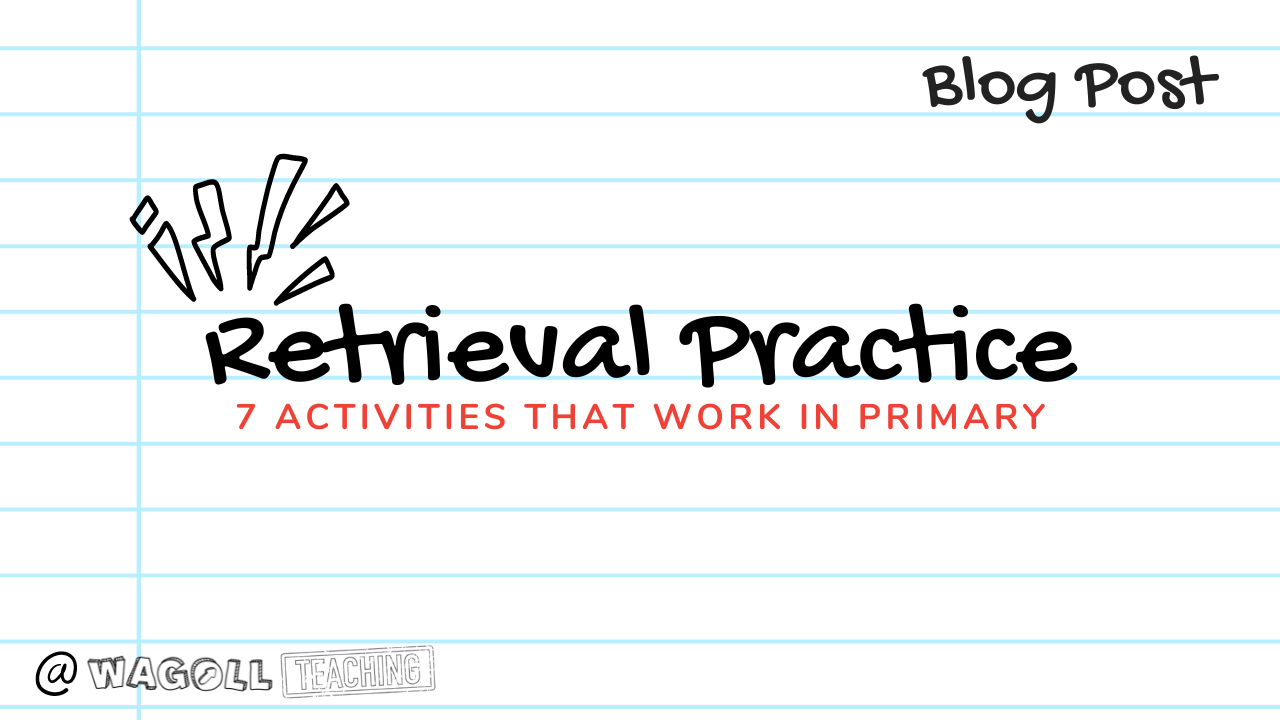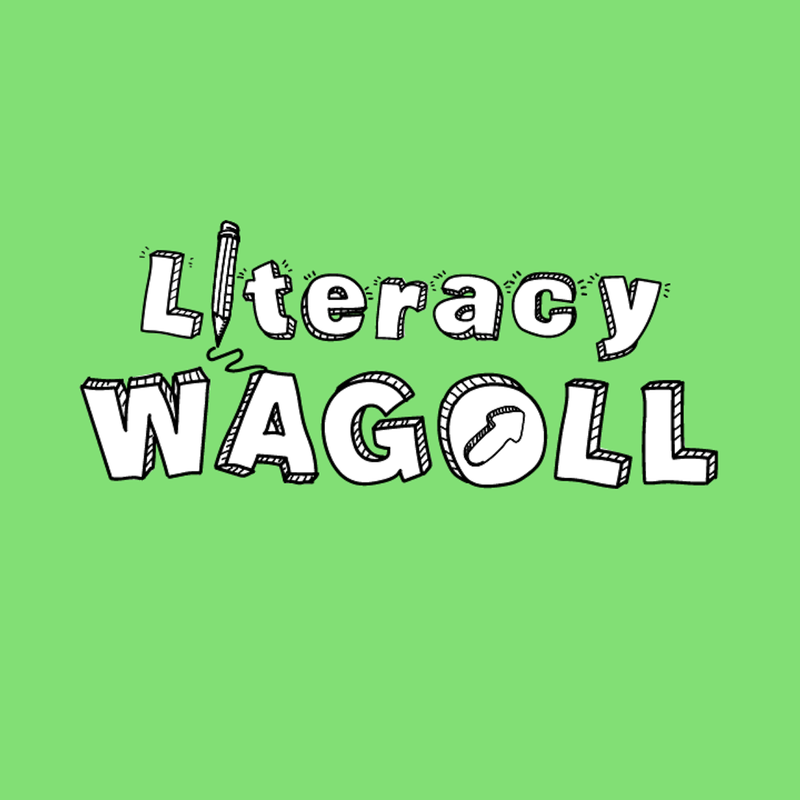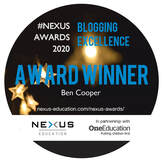|
Retrieval practice is a powerful learning strategy that enhances students' long-term retention and strengthens their ability to recall and apply knowledge. By actively retrieving information from memory, students engage in a process that boosts learning and reinforces connections in their brains. In this blog post, I share methods that I have seen working well in Primary. Flashcard QuizzesOne effective activity to integrate retrieval practice is through the use of flashcard quizzes. Create flashcards containing key facts, vocabulary, or concepts relevant to your curriculum. Engage students individually or in pairs, asking them to recall information from the flashcards. Encourage students to explain their answers, fostering deeper understanding and reinforcing the retrieval process. Integrating quick quizzes into your lessons serves as an effective method for retrieval practice. Conduct short quizzes at the beginning or end of a lesson, posing questions that require students to retrieve information from previous lessons or units. Provide immediate feedback to students, highlighting correct answers and addressing any misconceptions, promoting further learning. To make this process more student led, provide individual student cards to use in pairs or small groups. A game scenario such as Connect 4 or Naughts and Crosses, where students take a turn to place a counter if the information is retrieved correctly, can add an element of fun but also provide a structure and routine to the process. Exit TicketsExit tickets are a valuable tool for assessing students' understanding at the end of a lesson. Pose questions or prompts related to the content covered. Students respond individually, providing an opportunity for retrieval practice. Review the responses to identify areas of strength and areas that require further reinforcement, enabling targeted instruction. I have talked about ending lessons well previously in this vlog post. Retrieval GridsRetrieval grids offer an engaging and interactive activity for students to practice retrieval. Design grids with categories or topics aligned with your curriculum. Provide students with incomplete grids, prompting them to fill in the missing information from memory. Encourage peer discussion and collaboration, allowing students to deepen their understanding through meaningful conversations. You can find out more on these here. Two Part QuestionsUnlike most of these suggestions, two part questions can be used within the middle of lessons. Instead of retrieval being an isolated event, consider integrating it into main activities and questions. A simple example would be to ask students to retrieve place value understanding while learning about perimeter. If the lengths of sides have been partitioned into 100s, 10s and 1s, the children will be challenged with revisiting their understanding of value before calculating the perimeter. Cleverly designed activities requiring two steps, can support retrieval while also allowing for new learning to be consolidated. It may be worth highlighting that the retrieval focus must be cleverly paired with a suitable learning objective so not to make the activity seem too random or confusing. No child wants to be recalling the properties of gases and liquids in the midst of simplifying fractions - that would be cognitive overload! Two-Minute SummariesAllocate two minutes at the end of a lesson for students to summarise what they have learned. This activity encourages retrieval practice and helps students distill key ideas and details. By sharing their summaries with peers, students engage in discussion, reinforcing their understanding through the process of retrieval and collaborative learning. The two minute summary can be completed in picture form for younger students or through diagrams and short recounts with older students. Last Week, Last Month, Last YearBeing more strategic in when to plan for retrieval is also useful. The less confident children are at recalling the required information, the more frequent the opportunities should be. It is also valuable to ask students to remember what has been taught in previous topics and year groups. Asking students questions relating to last week, month, term and year can ensure you are purposefully planning in opportunities for retrieval over time. Apps like Century can do this for you automatically too. One practical tip would be to add key retrieval questions from your current topics into a question bank that you use as your go-to questions for retrieval. You then ensure key concepts will be revisited regularly throughout the year. Reasoning QuestionsRetrieval practice can lead to a closed questioning approach when requiring students to recall information such as phonics and number facts. Kate Jone talks about deepening understanding beyond surface level facts through deeper retrieval opportunities. Using questioning such as 'Prove It', where a statement is given with a correct or incorrect answer, requires children to recall their learning to support their argument at a deeper level. 'What if' questions are open ended ideas that require children to use their learning to predict an outcome based upon evidence from their previous learning. This style of questions is more challenging for students and more effort is required, but the most they are exposed to these questions, the better they will be and the more detailed and deep their recall will be. Scaffolds do help with this and I have created some here for you to use. For more ideas on using reasoning for retrieval, please refer to a blog I wrote on asking reasoning questions. As already hinted, with all routines and activities in primary, it will take time to embed retrieval opportunities with your class. You may not get much success or retrieval from the first few attempts. But the more you use the methods mentioned, the better the students will be. Focus on one or two methods first before introducing other retrieval opportunities.
This is also a great post on what to do if children can't remember anything you are asking them to retrieve. Integrating retrieval practice activities into primary classrooms offers numerous benefits to students. Not only does it enhance long-term retention, but it also strengthens their ability to apply knowledge in various contexts. Familiarity with approaches to retrieval such as using flashcard does rub off on the students too. You never know, they may start to use these methods at home as a study strategy. You just have to allow students to practice retrieving knowledge in order for it to be established as an effective habit.
0 Comments
Leave a Reply. |
SearchWith a keen interest in the neuroscience and psychology of learning, WAGOLL Teaching is about sharing research alongside great, simple teaching ideas to a global teaching community.
Ben has been in education for over 10 years and is passionate about simplifying high quality teaching and learning through innovative and practical approaches in the classroom. sUBSCRIBE |
|
Who are we? |
With a keen interest in the neuroscience and psychology of learning, WAGOLL Teaching is about sharing research alongside great, simple teaching ideas to a global teaching community.
|
All copyright reserved ©.
I would like to remind all visitors to this website that all pages on this site are copyright protected, unless stated. Most importantly, this site is for the use and enjoyment of all children, parents, guardians, carers and teachers who are involved in WAGOLL Teaching. Please use the resources/ideas as you need without replicating them for your own gains.
I would like to remind all visitors to this website that all pages on this site are copyright protected, unless stated. Most importantly, this site is for the use and enjoyment of all children, parents, guardians, carers and teachers who are involved in WAGOLL Teaching. Please use the resources/ideas as you need without replicating them for your own gains.









 RSS Feed
RSS Feed


